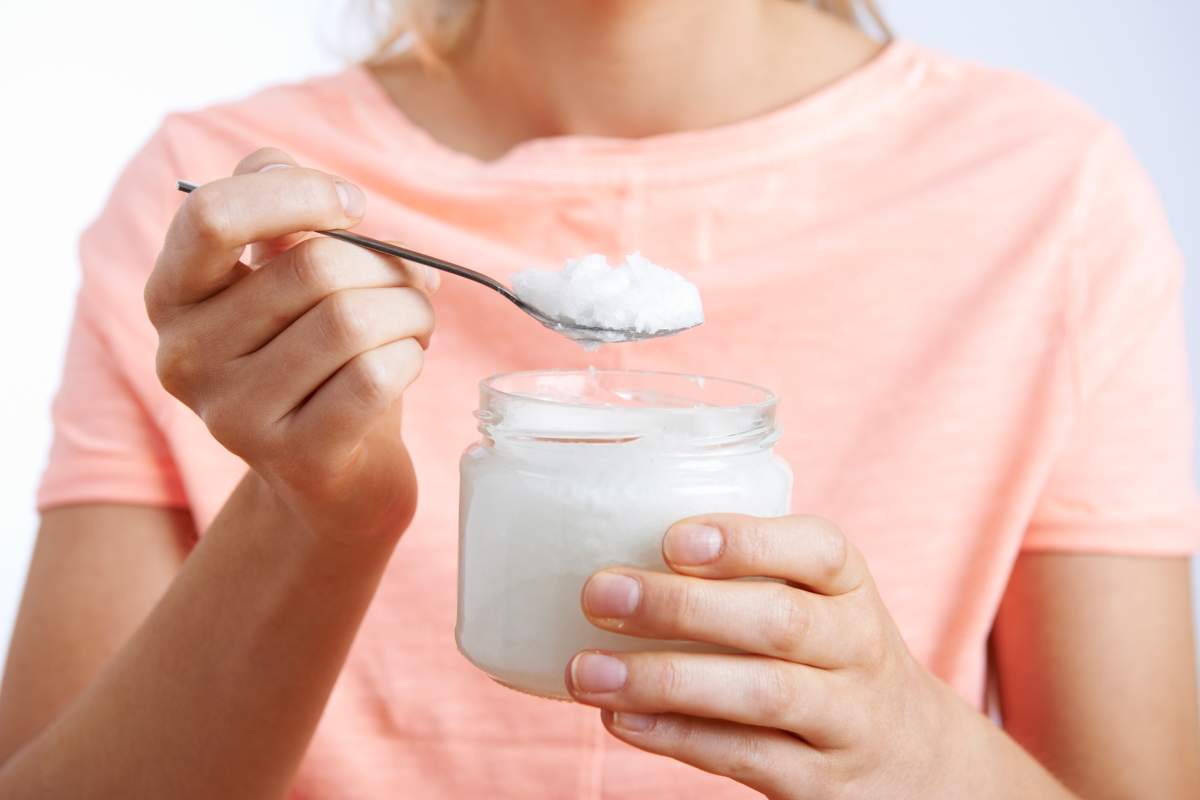There are two distinct camps when it comes to coconut oil — those who swear by it and believe it’s a panacea for any number of health issues, and those who just don’t buy into the hype. And new research may be siding with the naysayers.

According to a recent advisory update published in the American Heart Association’s journal Circulation, in order to prevent heart disease, saturated fats should be replaced with poly- and mono-unsaturated vegetable oils. All of which spells trouble for coconut oil.
READ MORE: Should you eat more butter, cheese and coconut oil?
According to the report, 82 per cent of the fat in coconut oil is saturated. Beef fat was made up of 50 per cent saturated fat, butter had 63 per cent and palm oil clocked in at 49 per cent. The oils with the least amount of saturated fat included canola, safflower and sunflower, and they also had high amounts of mono- and poly-saturated fats (unsaturated fats).
“We want to set the record straight on why well-conducted scientific research overwhelmingly supports limiting saturated fat in the diet to prevent diseases of the heart and blood vessels,” lead author Dr. Frank Sacks said in a statement. “Saturated fat increases LDL — bad cholesterol — which is a major cause of artery-clogging plaque and cardiovascular disease.”

Get weekly health news
Is it healthy?
Toronto-based registered dietitian Abby Langer notes, however, that the report doesn’t directly connect coconut oil to heart disease.
“I wouldn’t say that coconut oil is healthier than monounsaturated fats such as olive and canola oil, but I also wouldn’t say to never eat it, either,” she tells Global News.
READ MORE: Coconut oil emerges as latest dietary fad
Moderation, Langer says, is key.
“I recommend a mix of fats to my clients. It’s never a ‘don’t eat this, ever’ situation,” she explains. “Have some coconut oil, have some olive oil, some butter, some grapeseed oil. Don’t obsess over oils and limit yourself to only one.”
Coconut oil pulling
An ancient Ayurvedic dental technique that involves swishing a tablespoon of oil in your mouth for 20 minutes and spitting it out, coconut oil pulling has gained traction in recent years. It claims to whiten teeth, fight halitosis and decrease jaw pain, and some have also linked it to curing hangovers, headaches and skin issues like acne.
“When there is a healthier mouth, there is less inflammation in the body and everything can heal — the skin is better, you’re in a better mood, you have more energy,” Dr. Sanda Moldovan, a periodontist at UCLA’s dental school told Jezebel.
The reason for this is that gum disease is an infection in the mouth and the body is constantly trying to prevent from ingesting the bacteria. A healthy mouth, therefore, will make for a healthy body. And while coconut oil facilitates cleaning the mouth, it’s not the magic element. Your mouth is quite well equipped to keep bacteria from entering your body, but swishing with oil — any oil — will act as a super cleansing agent.
“Basically, brushing for two minutes twice a day and Waterpiking is much, much better than oil pulling. It can get in places the oil can’t. But if they want to use as substitute for mouth rinse, that’s totally fine,” Moldovan said.
Langer is quick to point out that this doesn’t mean you should be swallowing spoonfuls of it, either: “I don’t want people taking tablespoonfuls of coconut oil because they think it’s ‘healthy.’ It’s still a calorie-dense food.”
Saturated fats
When it comes right down to it, anything that’s high in saturated fats should be consumed judiciously.
Health Canada describes trans and saturated fats as “not good for your health,” and suggests replacing saturated and trans fats with unsaturated ones to “lower cholesterol levels and reduce the risk of heart disease.”
READ MORE: Coconut oil: A fat-packed gut helper
Once again, Langer says, moderation is the answer. While there are risks associated with eating too much of any food, she says that ultimately, saturated fat is still not a health food, regardless of where it comes from.
“The primary risk of eating too much fat is overdoing your caloric intake. If you’re adding coconut oil to your smoothie, you’re probably overdoing it. If you’re cooking with coconut oil, it’s probably just fine.”









Comments
Want to discuss? Please read our Commenting Policy first.